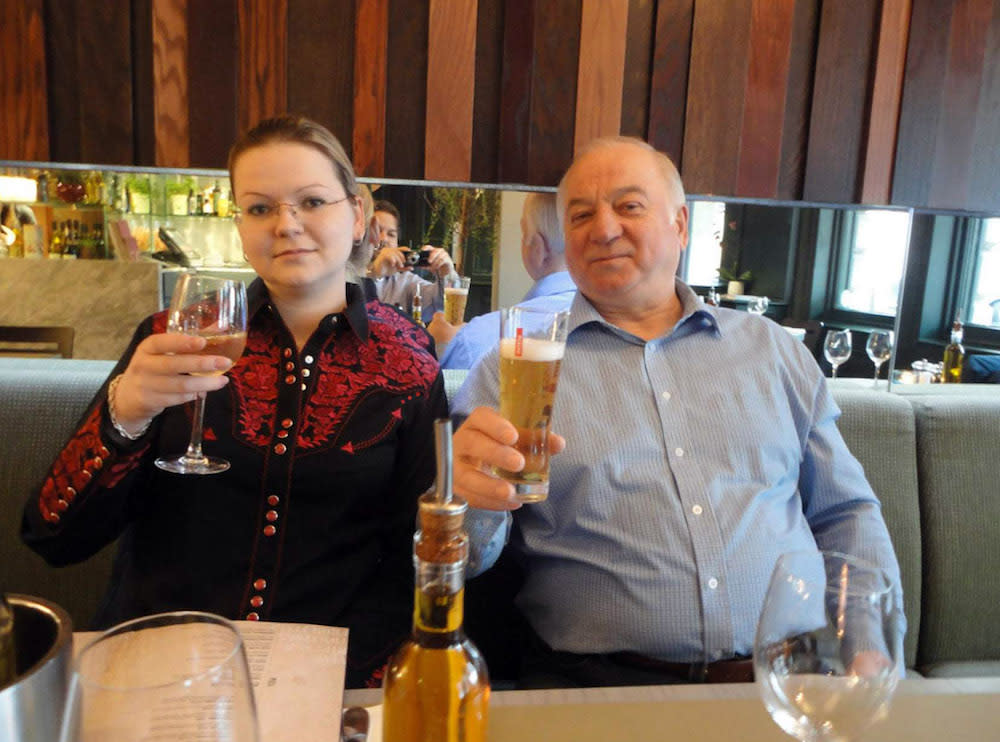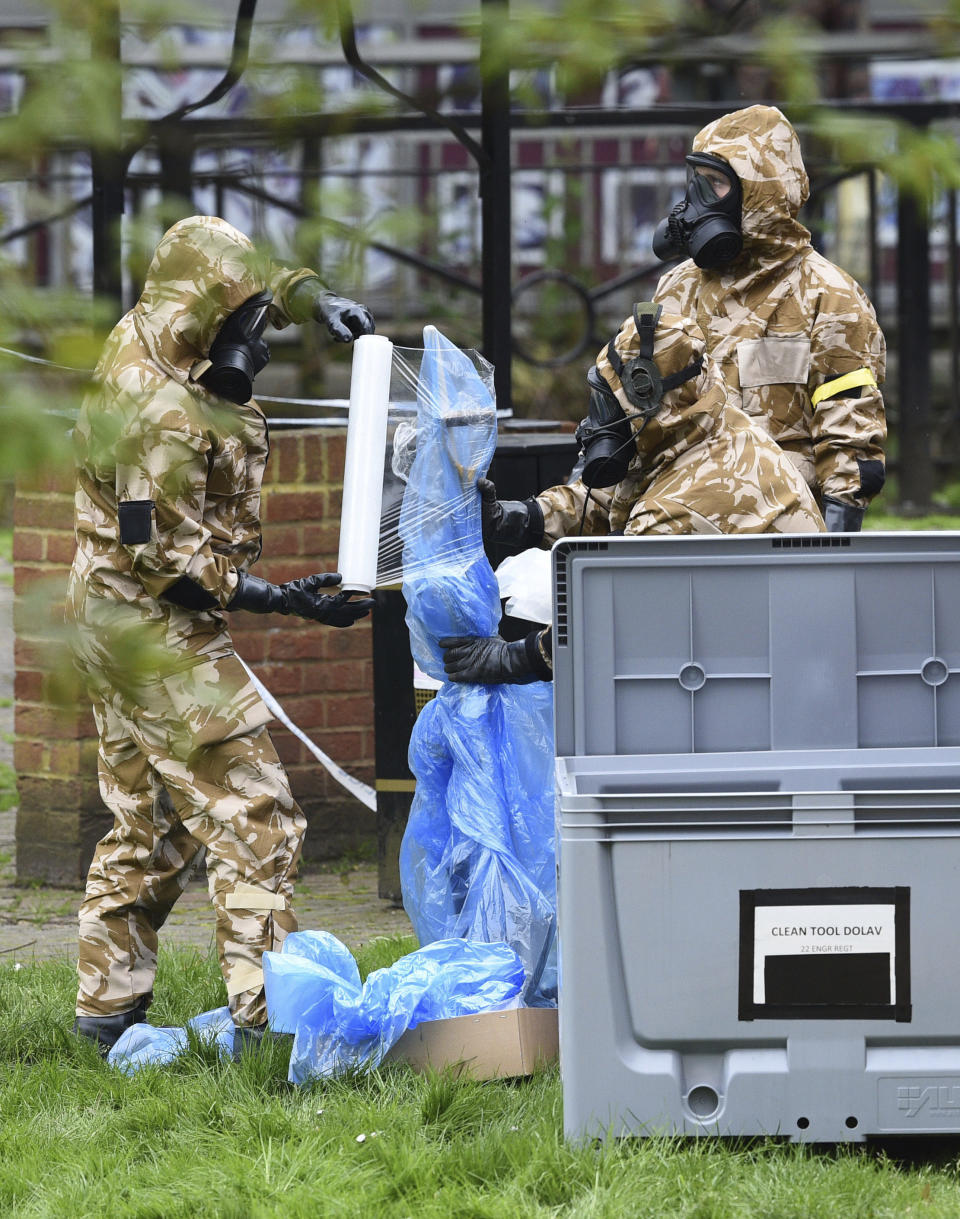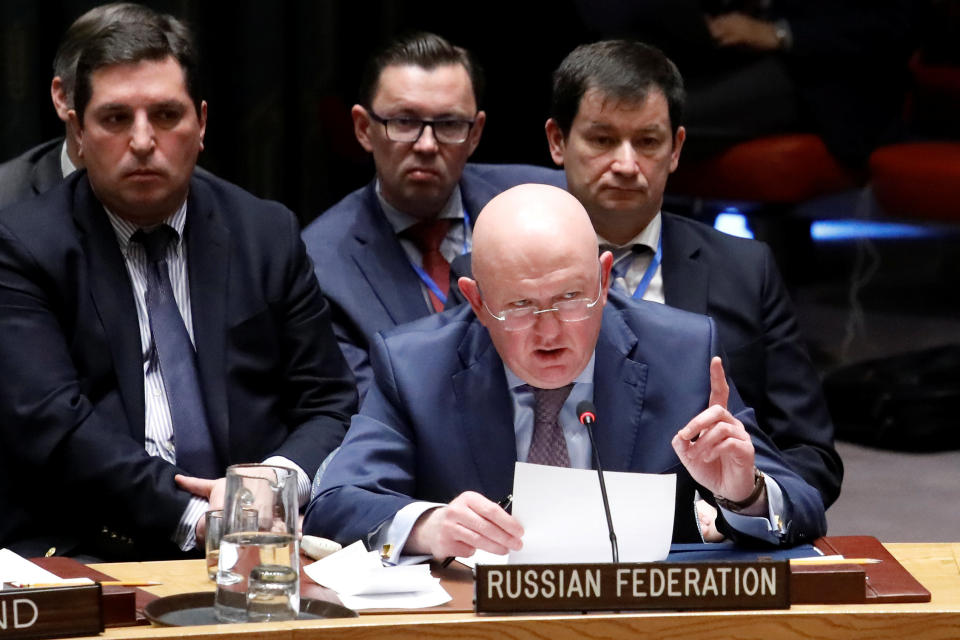Up to 100 grams of Novichok nerve agent used in attack on former Russian spy Sergei Skripal and his daughter

Up to 100 grams of liquid nerve agent were used in the chemical attack on Sergei and Yulia Skripal, the head of the Organisation for the Prohibition of Chemical Weapons (OPCW) has said.
Ahmet Uzumcu told the New York Times the amount of Novichok used in the attack on the former Russian spy and his daughter – around half a cup of liquid – suggests it was intended for use as a weapon and was not created for research purposes.
Mr Skripal, 66, and his 33-year-old daughter Yulia were left fighting for their lives in hospital after being found unconscious on a park bench in Salisbury on March 4.
Both their conditions have slowly improved but the attack sparked diplomatic tensions between the UK and Russia.

Mr Uzumcu told the paper the Novichok could have been applied as a liquid or aerosol.
He said: “For research activities or protection you would need, for instance, five to 10 grams or so, but even in Salisbury it looks like they may have used more than that, without knowing the exact quantity, I am told it may be 50, 100 grams or so, which goes beyond research activities for protection.
MORE: One third of white Brits do not have any ethnic minority friends, survey finds
MORE: Ruin unearthed in Israel could prove Bible stories of King David were true
“It’s not affected by weather conditions. That explains, actually, that they were able to identify it after a considerable time lapse.”
He added the samples collected suggested the nerve agent was of “high purity”.

Moscow has denied accusations it was responsible for the poisoning of the Skripals and the Russian ambassador to the UK Alexander Yakovenko has even suggested that they may have been injected with nerve agent produced at Porton Down by British authorities.
The UK has stated that only Russia had the means and motive to target the former spy.
The inquiry into the nerve agent attack in the Wiltshire city has involved 250 detectives who have gone through more than 5,000 hours of CCTV and interviewed more than 500 witnesses.


